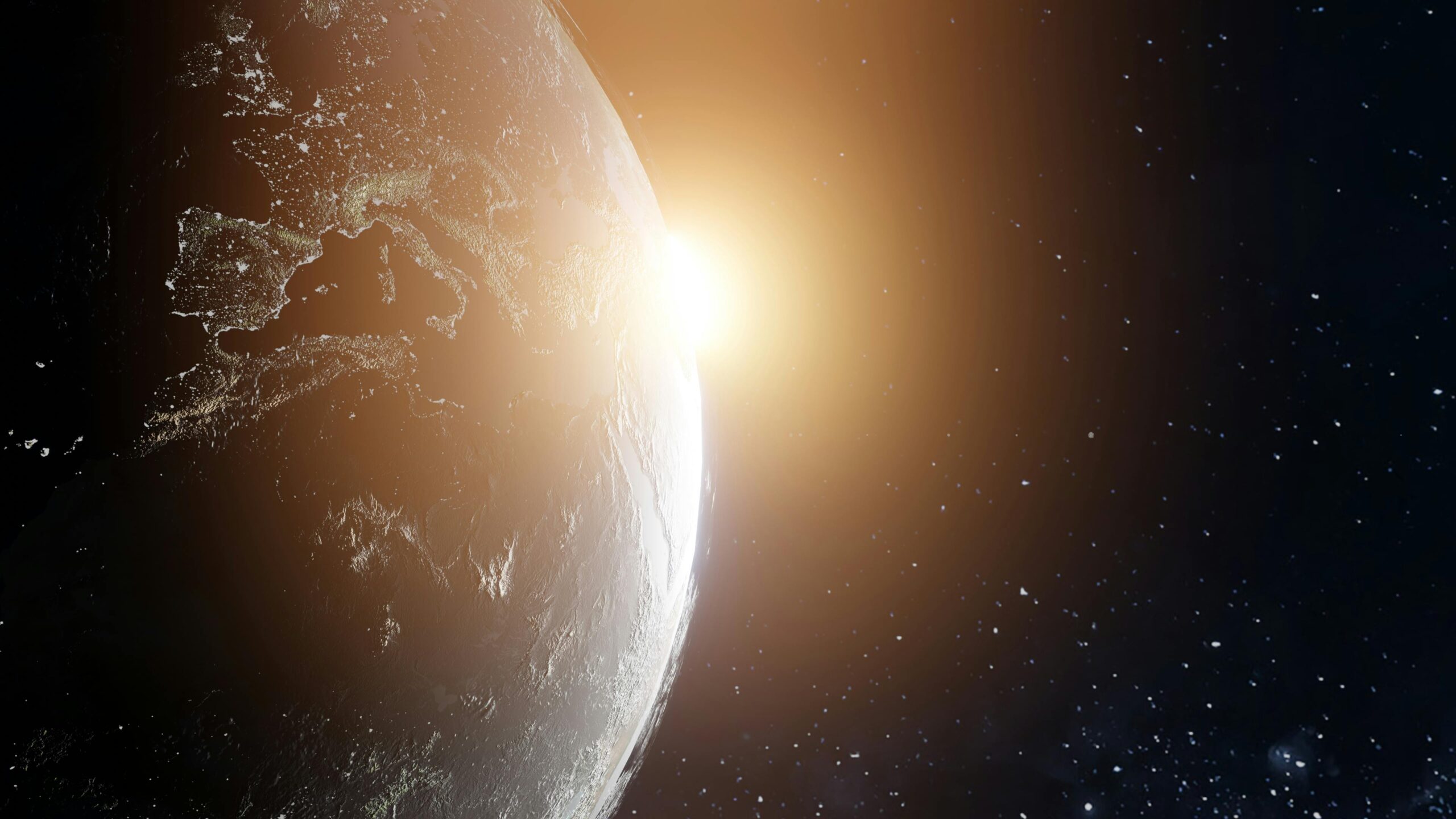By: Kyle Xu
Spring, summer, fall, and winter. Each season on Earth brings its own set of traditions, holidays, and activities. And this is because of Earth’s orbit around the sun. On Friday, Earth reached its farthest point from the Sun, called the aphelion.
The aphelion occurs every July–midsummer. This year, it is on Friday, at 1:06 am (Eastern time). Earth has an aphelion because of its orbit around the Sun. Instead of being in a perfect circle, Earth orbits the Sun in an oval–the orbit is elliptical.
Although it may seem like Earth’s elliptical orbit is unusual, it is, in fact, the least eccentric orbit in the Solar System. The greater the eccentricity, the less the orbit resembles a perfect circle. Earth has a low eccentricity of only 0.017, which contributes to its more balanced seasons. Mars has quite a large eccentricity with 0.094 and Pluto is very eccentric at 0.244.
So what causes these elliptical orbits? Kirby Runyon, a geologist at the Planetary Science Institute, stated that elliptical orbits are because of gravity. “It’s literally this chaotic tug of war between small amounts of gravitational influence that the planets have on each other,” said Dr. Runyon. Ooo, fun!
With all the fuss about eccentric orbits, you might think that they own the world. But not really. Next time your egotistical friend tells you that Earth’s seasons have everything to do with its orbit, shut them down. The answer is, only partly. Earth’s elliptical orbit only causes us to get 7 percent less sunlight at aphelion, while Mars has 31 percent. But that still doesn’t amount to enough. Actually, our seasons are due to the tilt on Earth’s axis–causing different Hemispheres to experience different summers and winters.
We’re lucky that our planetary orbit is close to a perfect circle. According to Dr. Runyon, large eccentricities would cause freezing winters and blazing summers, and that would kill our planet and civilization. Basically, it means we all get to die, which isn’t fun at all. In fact, if our orbit were shifted by margins to the extreme, Earth may be no better than Mars or Mercury and become a barren wasteland. So next time there’s no snow for skiing in winter, don’t blame Earth!
But for now, we’re fine. Larry Wasserman, an astronomer at Lowell Observatory in Flagstaff, Ariz, said that “you probably wouldn’t notice [Earth’s orbit] was slightly flattened” if you “drew it on a piece of paper to scale.” Turns out astronomers are pretty good at geometry!
Image Credit by ZCH











